Supply Chain Management: Balancing Technology and Personal Service in Modern Logistics
The evolution of supply chain management has brought unprecedented levels of automation and visibility to global logistics operations. However, the most successful supply chain strategies still rely on a crucial element: human expertise and intervention.
Today’s supply chain challenges require solutions that go beyond simple tracking and monitoring. Modern supply chain management must address:
Cost Optimization
- Route efficiency
- Carrier selection
- Storage optimization
Risk Mitigation
- Weather-related disruptions
- Political instability
- Market fluctuations
Sustainability
- Carbon footprint reduction
- Sustainable packaging
- Efficient resource utilization
The key to addressing these challenges lies in combining advanced supply chain technology with experienced professional oversight. This integrated approach ensures that businesses can:
- Respond quickly to disruptions
- Optimize costs while maintaining service levels
- Ensure compliance across multiple jurisdictions
- Maintain quality control throughout the supply chain
While technology provides the tools for modern supply chain management, it’s the human element that enables true optimization and problem-solving. Successful supply chain strategies require both advanced systems and experienced professionals who can:
- Interpret data and identify trends
- Make strategic routing decisions
- Maintain relationships with key partners
- Provide creative solutions to complex problems
As supply chains continue to evolve, the most effective management approaches will be those that successfully balance technological capabilities with personal service and expertise.












